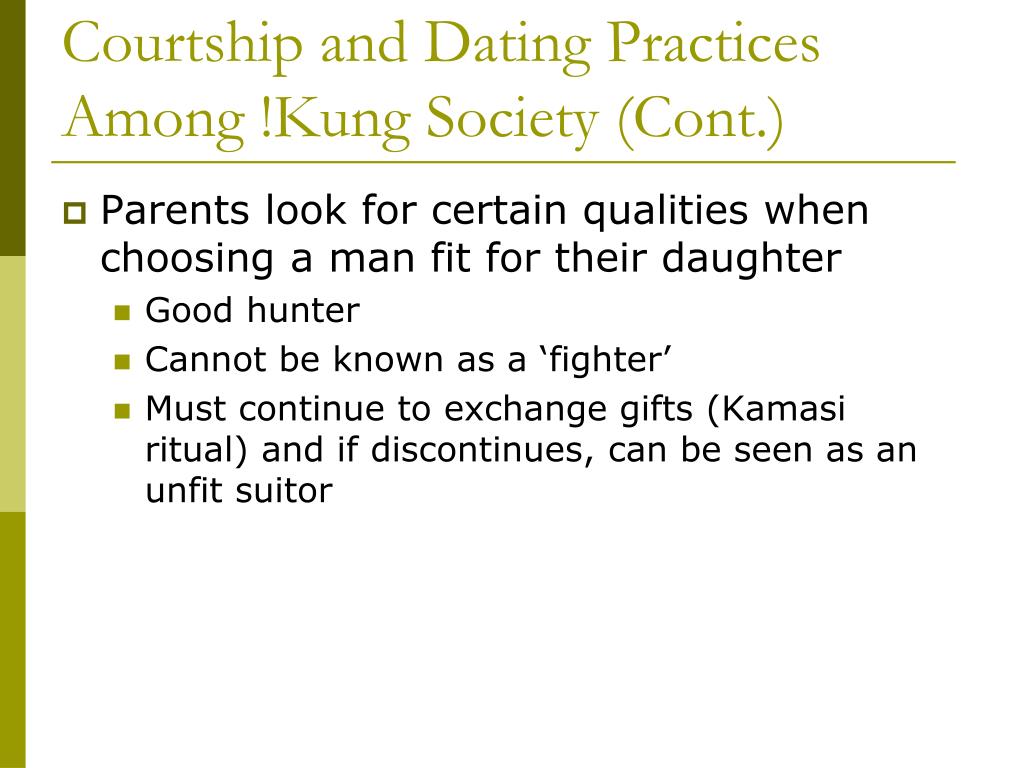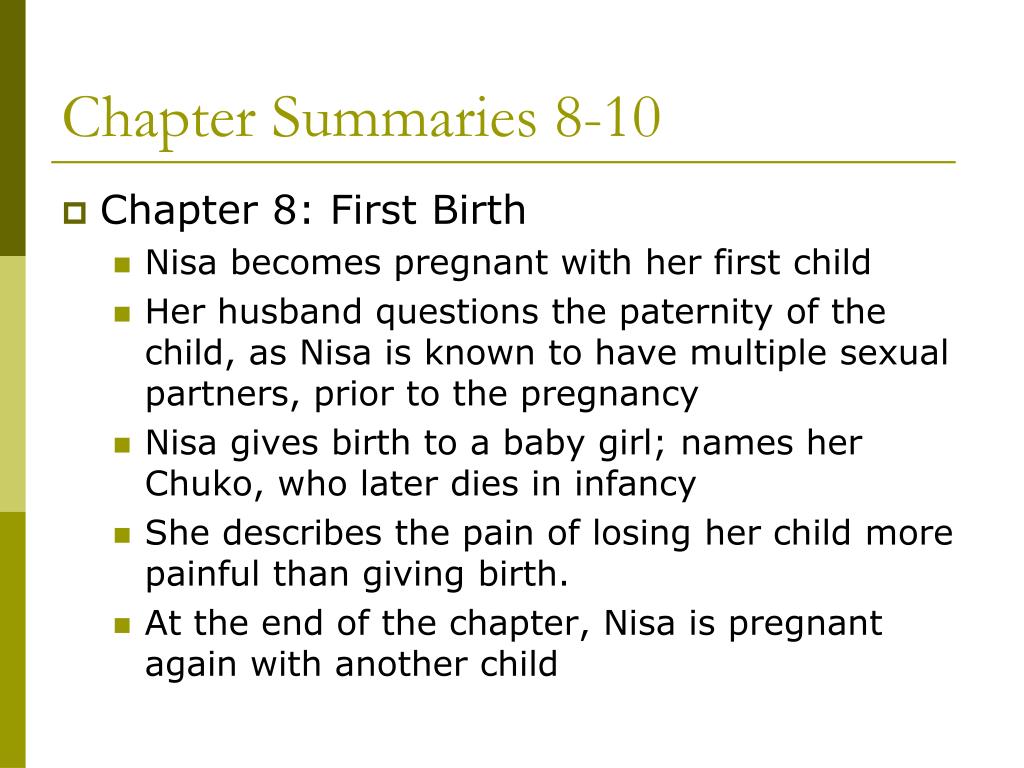

These are the details that really bring the society to life and show that while many things are different, people are people and the important things are the same.

She eventually leaves him and he stalks her for years but doesn't dare take any action. The sad part is that although Nisa technically could have married any of a number of men, she wound up with the most persistent and aggressive one, who also (shocking, shocking) also turned out to be jealous, controlling, and abusive. Then you see that the pressure to marry is pretty overwhelming and ever-present (even though a !Kung woman can live quite well as a spinster), and by the time you're up to your third "no not him" people stop caring what you think and tell you to just shut up and get married already. So when anthropologists say that the women are pretty equal and can choose who and when to marry, that gives you one idea.

Each chapter included a summary of a topic by the author, and then Nisa's recollections about that aspect of her life. I really enjoyed this book because it highlights how the reader's understanding of anthropology may differ from the anthropologist's meaning. It is a diservice to women to belittle their traditional roles, it should be exhaulted! Always. And while I wouldn't trade the privilege of choice, it would be good I think to balance our understanding and teaching of history through the eyes of a man with one of woman. It gives a false sense of importance to male roles, as if rearing the next generation was not as important. An aside, but I wonder if it is related? This tendency to interpret history from a male perspective. Also the importance of female collaboration in daily living, which we see unraveling in Western culture. For all of Western privilege, freedom and equality, the same important milestones for women are present. I was also struck by the universality of women. An understanding lacking in the vibrancy of the human condition, so much so that this type of narrative is such a gem. So much of history is written from a male interpretation and while I appreciate and understand the importance of that contribution, the lack of female perspective in so much of history means a one dimensional comprehension. What I like about this as opposed to some dry abstract is how the way they felt about their daily lives and interaction with others and their environment were so clearly displayed. This chronicles from birth to death the !Kung life, mostly of women. Nisa's story was gathered just as the traditional !Kung culture was beginning to change by encroaching farmer-rancher types and Europeans. Fantastic narrative of a hunter/gatherer culture in the Kalahari bush from a female perspective.


 0 kommentar(er)
0 kommentar(er)
